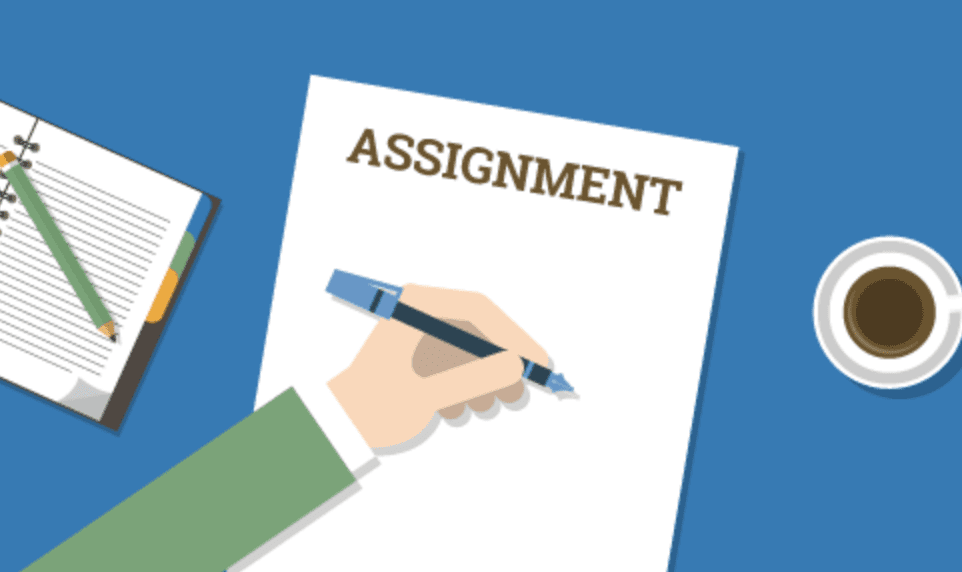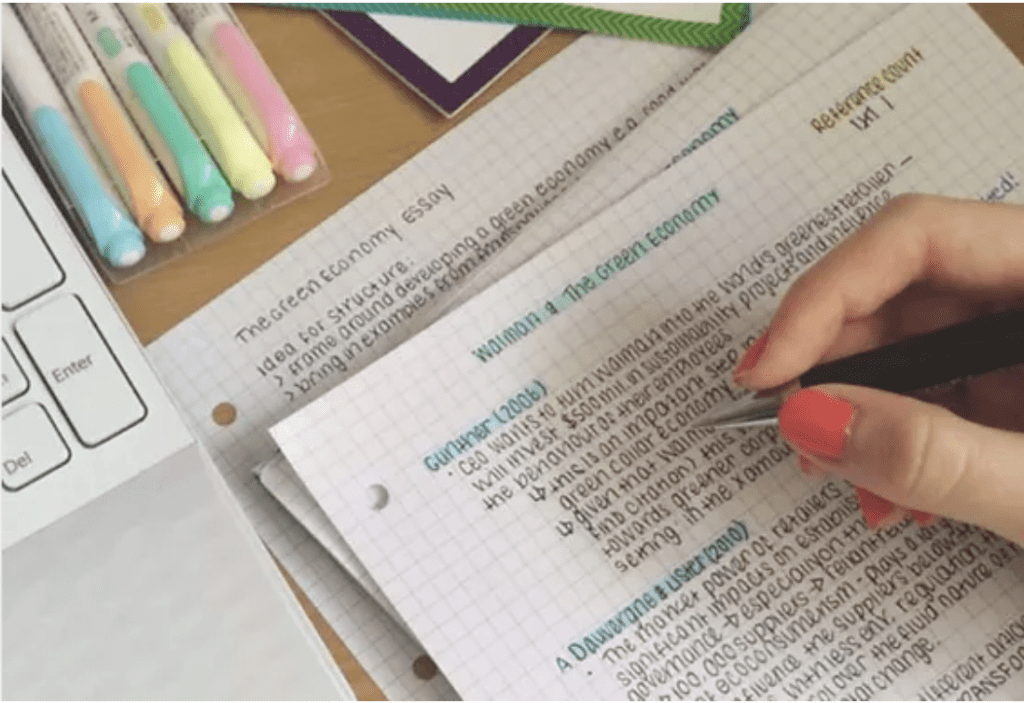Post Views: 2,379
Rate this post
Survival Strategies For Economics

Even though economics is a social science, it can be as difficult and demanding as any of the more challenging academic subjects, including math, chemistry, etc. To do well in economics requires time, dedication, and good study habits. At Sophia Education, we provide personalized tuition to help you achieve your desired grades and we guarantee atleast improvement by 2-Grades in just 12 weeks. The following are study strategies, techniques and habits for success in learning economics.
Survival Strategies For Economics
Prepare assignments before attending class.
It’s very important to arrive at each class having already completed assignments. Preparing assignments BEFORE class will allow you to ask appropriate questions and understand the lecture. Your teachers will most likely not cover all the assigned material presented in your text. They will cover more complex economic theories and applications in class and will expect you to ask for clarification on anything in the text or your assignment that you didn’t understand.

Read for understanding.
As you read your economics text, read for understanding. Start by spending 10-15 minutes reading any outline or summary provided for the assigned chapter. Try to identify and remember the main points of the chapter. Next, read the introduction. The introduction usually provides a quick summary of the topics being covered and lists chapter objectives. Read each topic one at a time. Make sure you understand the relationship between each topic in the chapter.

Most topics will be presented verbally, numerically (tables), and visually (graphs). It’s importance to understand the information presented within each context since all three communication modes are used in economics and are likely to be employed in presenting test questions. After reading each topic, you should be able to (1) remember the topic and important terms, (2) understand the material presented, (3) relate relevant terms to one another, and (4) relate each topic to the other topics covered in the chapter.
Attend all lectures and classes.
Sign up for tuition classes if extra assistance is needed Economics is such a demanding course that you can’t afford to miss class. Much of the information, understanding and help you’ll need to get through your economics course will come directly from your teachers through his classes. If extra study assistance is needed, you’re always welcomed at Sophia Education Tuition Centre and our tutors will help you achieve your desired grades and 2-grades improvement is guaranteed.

Master material as you go.
Economics is much like math in that it is a cumulatively acquired subject. Gaining understanding in economics requires cumulative learning. Mastering what you learned in class last week is necessary in order to understand what the teachers and text are presenting today. If you fall behind in your studies, it becomes increasingly difficult to understand the new principles and concepts being introduced and covered. You must master each new concepts in terms of knowledge, comprehension and application before you can master new material. Consequently, “cramming” simply does not work for studying economics and preparing for exams. If you’re behind on your studies, try joining tuition classes to catch back up to rest of your peers of even be ahead of them.

Don’t take good notes… take the right type of notes.
There simply isn’t enough time to write down everything your teachers say in school while concentrating on what is being taught. Your time in class should be dedicated to comprehending and applying the Economic concepts and principles being presented. The only way to make this happen is to arrive at each class (1) having completed all readings and assignments and (2) with a basic understanding of the topics being discussed. The notes you take in class should not include everything your teachers says. They should not include definitions and concepts that you already understand or that are covered in detail in your text. Your notes should supplement what you have already learned from your own study and clarify anything you don’t quite understand. Be very selective in what you include in your notes.

Employ the “four” classroom behaviors.
Using class time to improve your ability to comprehend and apply economic concepts requires the careful combination of four classroom behaviors – (1) listening, (2) asking questions, (3) responding to questions, and (4) taking notes. In order to listen and ask questions, you must come to class prepared. If you arrive a class unprepared, you won’t have the basic knowledge and understanding required to follow along and comprehend. Without some level of comprehension you won’t be able to ask or answer questions that lead to a better comprehension. Finally, take notes that clarify and supplement your knowledge of the concepts being discussed.

Read Our Other Articles to Boost Your Grades
- 9 Tips to Studying in JC
- 7 Methods that will boost your H2 Chemistry Grade
- 4 Things To Do if you just Failed your JC Exams
- How To Excel in A-Level General Paper? – Ex JC lecturer’s secret advices
- 10 Highly Effective Studying Techniques for JC
- How to do well for H2 Physics
- Scoring A1 For O-Level English in Sophia Education: Top English Tuition’s Secret Advices
- Sophia Education: Top Notch JC Chemistry Tuition Centre in Singapore
- Mental Health Amongst Students in Singapore: Why & How to Solve It
- The Covid-19 Pandemic Effects on Singaporean Students



